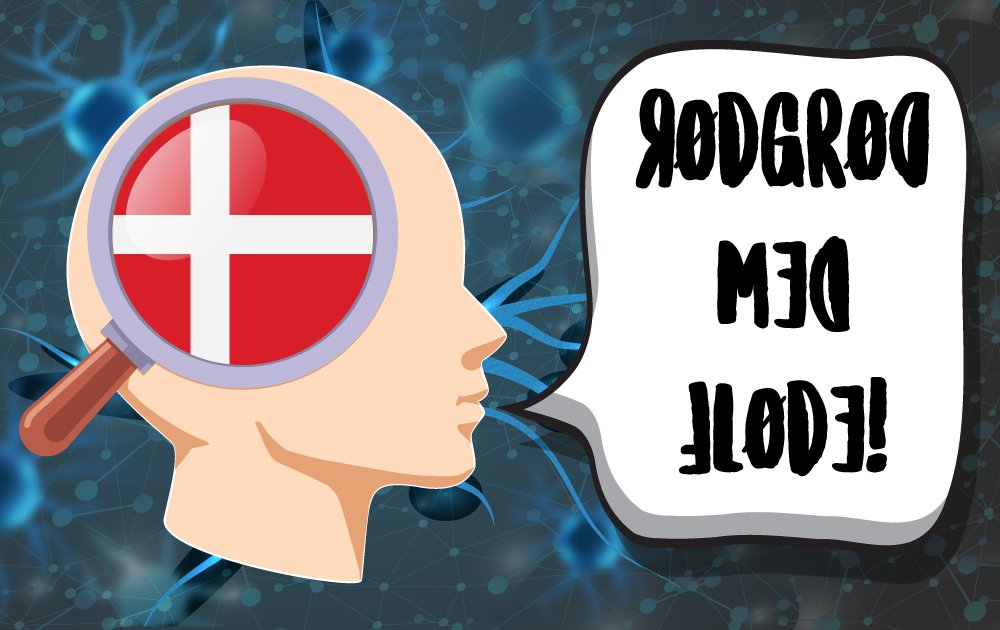
Social interactions and cognition, stats, computational modeling and machine learning, complex systems, language, and mental disorders. He/Him
How to get URL link on X (Twitter) App


 We are interested in whether the administration of a drug is causing an increase in the probability of an adverse event (thus, an adverse drug reaction), vs. there not being any causal relation. 2/
We are interested in whether the administration of a drug is causing an increase in the probability of an adverse event (thus, an adverse drug reaction), vs. there not being any causal relation. 2/ 


 TL;DR - Systematic use of informed studies leads to more precise, but more biased estimates (due to non-linear information flow in the literature). Critically comparison of informed and skeptical priors can provide more nuanced and solid understanding of our findings. 2/
TL;DR - Systematic use of informed studies leads to more precise, but more biased estimates (due to non-linear information flow in the literature). Critically comparison of informed and skeptical priors can provide more nuanced and solid understanding of our findings. 2/

 TL;DR: by building cumulative scientific approaches & standardised automated tools we can show even basic mechanisms like priming and alignment are shaped by the short- & long-term communicative context. Plus, there's no escaping both qualitative and quantitative approaches. 2/
TL;DR: by building cumulative scientific approaches & standardised automated tools we can show even basic mechanisms like priming and alignment are shaped by the short- & long-term communicative context. Plus, there's no escaping both qualitative and quantitative approaches. 2/


 This was a brilliant student-led project by Vivian Nguyen & Otto Versyp from Ghent University, who spent their Fall 20 on an internship (aka regularly zooming) with me and @ChrisMMCox 2/
This was a brilliant student-led project by Vivian Nguyen & Otto Versyp from Ghent University, who spent their Fall 20 on an internship (aka regularly zooming) with me and @ChrisMMCox 2/
https://twitter.com/zerdeve/status/1357186736892252160Is there a distrust? Possibly some, looking at the studies and at effect sizes of "1.89". Should there be? I'm not sure. I mean I'd really want to be able to build on these findings to better understand the underlying mechanisms. 2/n

 TLDR: Danish has an unusual speech opacity (consonant reduction). Danish native speakers rely more strongly on context and top-down inference. They also create more redundant speech and repeat each other more: a richer context for top-down speech processing. 2/n
TLDR: Danish has an unusual speech opacity (consonant reduction). Danish native speakers rely more strongly on context and top-down inference. They also create more redundant speech and repeat each other more: a richer context for top-down speech processing. 2/n

 figure out whether the aliens are dangerous or not & whether they can obtain precious resources from them or not. The categories are - unknown to the participants - based on combinations of visible features (e.g. arms up and/or big eyes) with different levels of complexity.
figure out whether the aliens are dangerous or not & whether they can obtain precious resources from them or not. The categories are - unknown to the participants - based on combinations of visible features (e.g. arms up and/or big eyes) with different levels of complexity.

 Social cognition providing models of cognitive mechanisms for processing information, making decisions and interacting; game theory providing a decidedly interpersonal perspective, and a strong incentive-based perspective (nb. not necessarily economic incentives) 2/n
Social cognition providing models of cognitive mechanisms for processing information, making decisions and interacting; game theory providing a decidedly interpersonal perspective, and a strong incentive-based perspective (nb. not necessarily economic incentives) 2/n

 Also, why does the same procedure for posterior pred checks give me a very different histogram (only -1,0,1 as values)?
Also, why does the same procedure for posterior pred checks give me a very different histogram (only -1,0,1 as values)? 



https://twitter.com/PNASNews/status/1229858205183901696After a long journey "The evolution of human symbolic behavior in Homo sapiens" is finally out in PNAS. The international interdisciplinary group included
https://twitter.com/fusaroli/status/1163739739222106112First, opinions were pretty much evenly divided: out of about 100, half supported a "universal speed", while half "variable speed". Which surprised me, since I have been mostly reading and working in a context where linguistic/cultural differences are pretty salient 2/n

